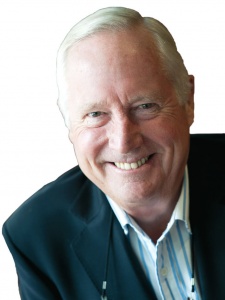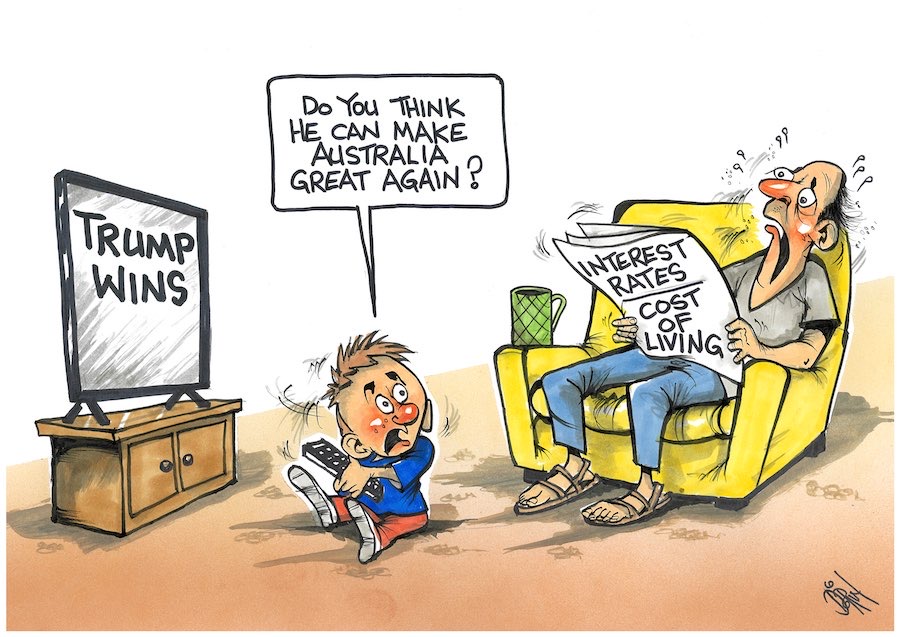RECENTLY a dear friend died suddenly at home; and in the days that followed I found myself caught in that terribly sad business of helping to arrange his farewell.

My role was marginal – writing my friend’s obituary and delivering the eulogy at the crematorium. But I was also present with his elderly widow – whom we’ll call Pamela – and other very close friends at the nearby funeral parlour. It was an experience that left me shocked, outraged and determined to write of tactics they employ.
For legal reasons, I don’t propose to name the particular parlour, but from talking to others I believe they were no better nor worse than the rest of the industry. And, as our population ages, they will become ever more expert at feathering their nests from the emotionally distraught relatives of the recently deceased.
The speed of their involvement is breathtaking. Pamela was called to the parlour only two days after her husband’s death. She was in no condition to make decisions. But to make her as malleable as possible, the parlour “consultant”, a softly-spoken but powerfully persuasive woman in her 50s, directed us to a “viewing” of the body first.
We descended a flight of stairs where my friend was laid out on a hospital gurney, dressed in his casual work clothes plus a dark jacket Pamela had provided. His hair was brushed and he looked as though he was sleeping.
We sat across from the gurney and took turns in crossing the room. And I was deeply saddened by the effect on Pamela whose whole life had been devoted to her husband. They had no children and no nearby relatives. There were close neighbours but theirs was an exclusive twosome that had lasted for some 57 years.
We left her to have time alone with his body before climbing back up the stairs and gathering around a polished table. When a deeply distressed Pamela returned the “consultant” did her deal. Pam was putty in her hands.
She had a checklist that began with a basic cost of $3000 for the actual cremation and the “regulation” services of the parlour. Then came the real money-spinners: the coffin, which would be consumed by the flames, came in a range of special timbers. And of course Pam wouldn’t want the “cheapest” one. Not for her beloved.
To protest would have been to somehow devalue or dishonour my friend so I bit my tongue. And as the other items on the checklist arrived – flowers, advertisements, a celebrant, a special book register for the mourners to sign, bookmarks with his picture on it, music… on and on it went until the invoice, payable before the service (“if at all possible”) reached just under $10,000. And that was without a celebrant. This for a widow who had to get it from the small insurance policy she would have to cash in that very week.
No wonder the insurance companies are blanketing commercial television with their funeral ads. The death business is not just a going concern, it’s a booming industry. But it’s also a hangover from the past when all the fairy tales about life after death were part of the natural order of things. Australia is not like that anymore.
Of course we should mark the death of our loved ones with a heartfelt ceremony. And their remains should be treated with dignity. But that doesn’t mean we should permit the funeral industry to prey on the living at a time when they are most vulnerable to the sales pitch of the “consultants”. There has to be a better way.
Who can be trusted?
In a world of spin and confusion, there’s never been a more important time to support independent journalism in Canberra.
If you trust our work online and want to enforce the power of independent voices, I invite you to make a small contribution.
Every dollar of support is invested back into our journalism to help keep citynews.com.au strong and free.
Thank you,
Ian Meikle, editor




Leave a Reply